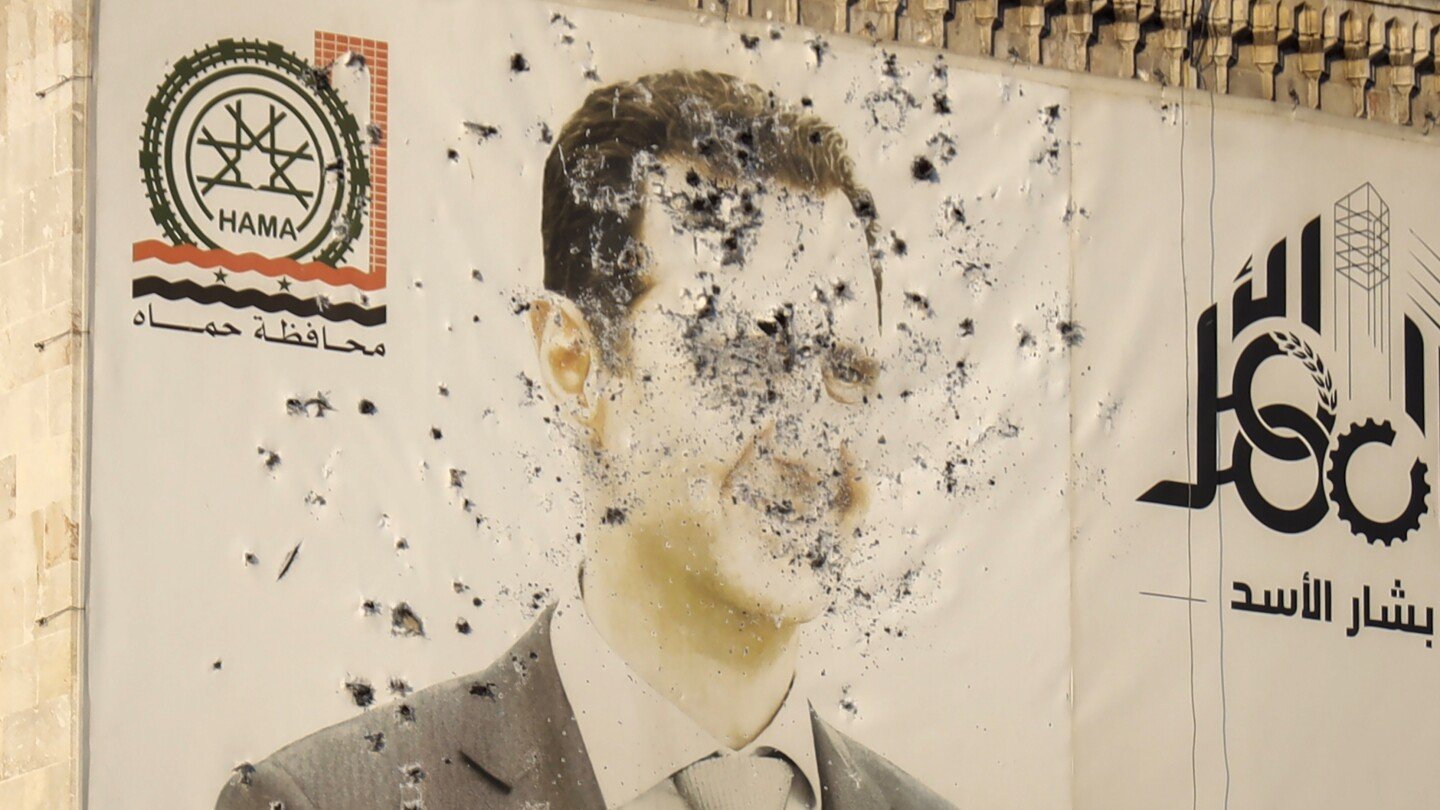- cross-posted to:
- [email protected]
- cross-posted to:
- [email protected]
BEIRUT (AP) — The last time Syrian President Bashar Assad was in serious trouble was 10 years ago, at the height of the country’s civil war, when his forces lost control over parts of the largest city, Aleppo, and his opponents were closing in on the capital, Damascus.
Back then, he was rescued by his chief international backer, Russia, and longtime regional ally Iran, which along with Lebanon’s powerful Hezbollah militia helped Assad’s forces retake Aleppo, tipping the war firmly in his favor.
Now, as insurgents pursue a shock offensive that quickly captured not just Aleppo, but other key cities across the country’s northwest and in the south, reaching the suburbs of the capital Damascus, the Syrian leader appears to be largely on his own.
Russia is preoccupied with its war in Ukraine, and Hezbollah, which at one point sent thousands of its fighters to shore up Assad’s forces, has been weakened by a yearlong conflict with Israel. Iran, meanwhile, has seen its proxies across the region degraded by Israeli airstrikes.
Moreover, Syrian troops are exhausted and hollowed out by 13 years of war and economic crises, with little will left to fight.
One can only hope. Although I honestly have no idea if the rebels would be any better
Yeah, that’s the main downside to this: the rebels involve sub-factions of, amongst others, Al Quaeda, and I don’t think having them in charge would be an upgrade.
However, considering the diverse coalition of the ones fighting against Assad at this point, I suspect that Assads replacement would succumb to infighting.
One might hope it could lead to a time of pluralistic friendship, but if wishes were fishes we’d all cast nets.



